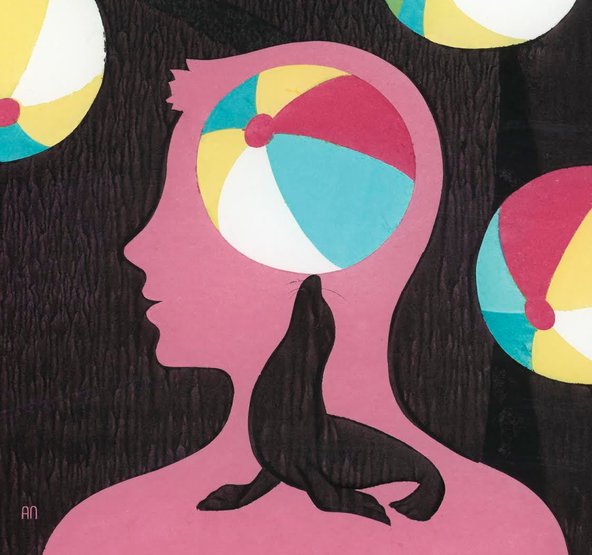Posts Tagged ‘drugs’
First, do no harm? Common anticholinergic meds seen to increase dementia risk in older patients
Commonly Prescribed Meds Could Raise Dementia Risk (WebMD): “Doctors often prescribe anticholinergic drugs for a variety of ills. But a new study suggests they may increase the risk of dementia in older patients. These medicines include everything from Benadryl (diphenhydramine) to certain antipsychotics and Parkinson’s meds. They’re used to treat a wide range of other…
Read MoreDoes marijuana use cause schizophrenia? (unclear, but unlikely)
Does Marijuana Use Cause Schizophrenia? (The New York Times): “… The concern is focused largely on the link between heavy usage and psychosis in young people. Doctors first suspected a link some 70 years ago, and the evidence has only accumulated since then. In a forthcoming book, “Tell Your Children,” Alex Berenson, a former Times reporter,…
Read MoreStudy: Common medication treatments for PTSD can increase the risk of developing dementia
—– Drugs for PTSD linked to increased risk of dementia (The Pharmaceutical Journal): “Certain psychotropic drugs used to treat post-traumatic stress disorder (PTSD) increase the risk of developing dementia, including in patients who do not have PTSD but take the drugs for other conditions, study results published in the Journal of the American Geriatrics Society
Read MoreTherapy or antidepressants? Coming soon: Brain activity “fingerprints” to personalize depression treatments
. To Treat Depression, Drugs or Therapy? (The New York Times): “Until recently, many experts thought that your clinician could literally pick any antidepressant or type of psychotherapy at random because, with a few clinical exceptions, there was little evidence to favor one treatment over another for a given patient
Read MoreThe New York Times starts to pay attention: Exercising The Mind to Treat Attention Deficits
Exercising The Mind to Treat Attention Deficits (The New York Times): “Poor planning, wandering attention and trouble inhibiting impulses all signify lapses in cognitive control. Now a growing stream of research suggests that strengthening this mental muscle, usually with exercises in
Read MoreUpcoming Webinar: The Digital Brain Health & Training Market in 2014
When: Thursday, March 13, 2014 from 12:30 PM to 2:00 PM (EDT) Join this upcoming webinar, to be held during Brain Awareness Week 2014, to discuss the latest market data and news in the digital brain health and brain training space, including Rosetta Stone’s acquisition of Vivity Labs (developer of Fit Brains mobile cognitive games), Bayer’s global partnership…
Read More





